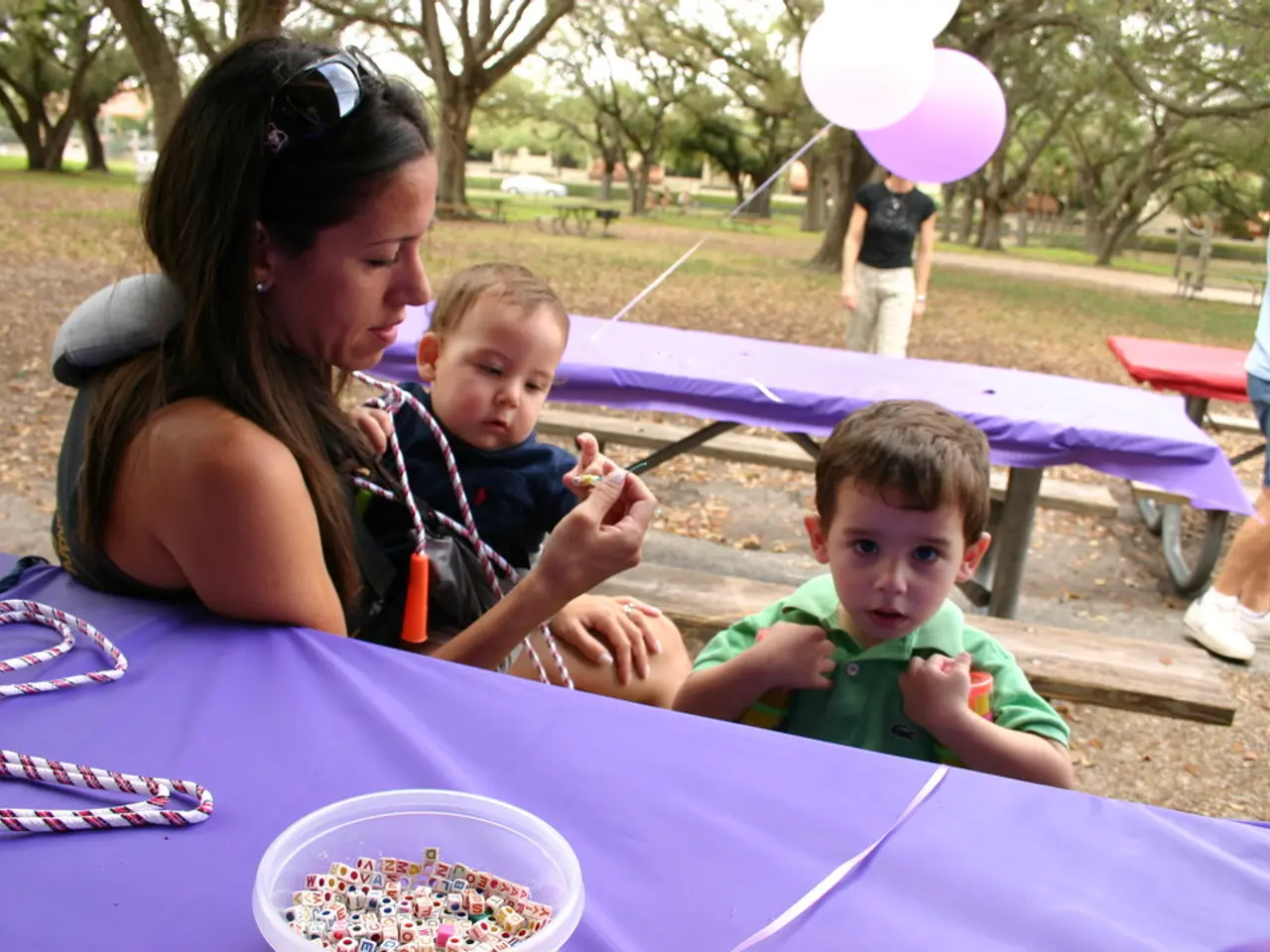Experiencing these 32 signs may indicate that you were brought up by emotionally immaturing parents:
In the complex tapestry of family dynamics, there are certain patterns that can have a profound impact on a child's emotional well-being. One such pattern is that of emotionally immature parents. Clinical psychologist Lindsay C Gibson, in her book "Adult Children of Emotionally Immature Parents", identifies four distinct types of emotionally immature parents.
- Emotional Parents These parents, characterized by unpredictable moods, can create an environment of anxiety for their children. Their emotional instability often manifests as excessive intensity and reactivity, leaving children feeling insecure and emotionally vulnerable. The emotional volatility of these parents may also impair a child's ability to trust or feel emotionally safe.
- Passive/Negligent Parents These parents are emotionally unavailable, often disappearing when their children need support. They fail to provide the necessary emotional presence, leading to neglect. Such parents may seem distant or indifferent, showing little empathy or consistency in their involvement, which can make children feel abandoned or invisible.
- Driven Parents Driven parents are preoccupied with achievement or productivity, often neglecting their child's emotional development in favor of pushing goals or success. Their focus can cause children to feel unimportant or emotionally unacknowledged. These parents are controlling and cold, with a focus on what they want their children to achieve. They are perfectionists and have an inability to negotiate or compromise.
- Rejecting Parents Rejecting parents exhibit criticism, emotional distance, and frequent disapproval, undermining their child’s self-esteem. This type aligns with characteristics of emotional neglect such as frequent criticism and emotional distancing, which make children feel unwanted or insufficient.
The consequences of growing up with emotionally immature parents can be far-reaching. Children may develop low self-esteem, depression, and a propensity towards abusive relationships due to a lack of self-worth. They may also struggle with maintaining healthy relationships as adults.
Recovering from the toxic behavior of emotionally immature parents is a journey of self-discovery that takes time and won't happen overnight. It involves surrounding oneself with people who love and value them, going to therapy or joining support groups, practicing self-care, doing things that make them happy, setting boundaries, learning to say no, identifying triggers, and working towards understanding the causes.
Setting boundaries and learning to say no are essential steps in healing from emotionally immature parents and maintaining healthy relationships. Self-care, such as doing things that make one happy, is crucial in healing from the damage caused by emotionally immature parents. Children raised by emotional parents may find any kind of stress unbearable and become people-pleasers or those who always put others before their own needs. Those raised by driven parents can end up being overly critical of themselves and others, demanding perfection in their relationships, and may develop obsessive or compulsive behaviors such as alcoholism.
Passive parents have a 'laissez-faire' attitude to parenting, leaving their children to their own devices for long periods. Children of rejecting parents may become needy, crave attention, or be hostile and reject intimacy like their parents did, having trouble maintaining healthy relationships.
Understanding these types of emotionally immature parents is the first step towards healing and building a healthier, more fulfilling life. It's important to remember that recovery is a journey, and with time, patience, and the right support, it's possible to overcome the effects of emotionally immature parenting.
- Emotionally immature parents, particularly the unpredictable kind, can create an atmosphere of anxiety and mental health issues for their children due to their unstable moods.
- Self-esteem and mental health can be negatively impacted in children growing up with passive/negligent parents, who are emotionally unavailable and provide little emotional presence.
- Driven parents, who are fixated on achievement, can result in children developing a propensity for abusive relationships and poor self-worth, as their emotional development is often neglected.
- Rejecting parents, who disapprove frequently and exhibit emotional distance, can lead to children struggling with self-esteem and maintaining healthy relationships in adulthood.
- Psychology and health-and-wellness experts stress the importance of self-care, self-discovery, and setting boundaries in recovering from the toxic behavior of emotionally immature parents.
- Understanding the different types of emotionally immature parents and taking active steps towards healing can contribute to a fulfilling and healthier lifestyle, marked by positive relationships and improved mental health.




